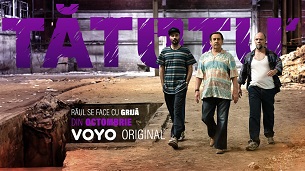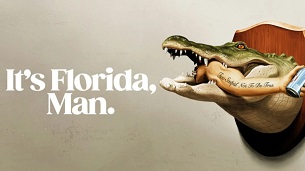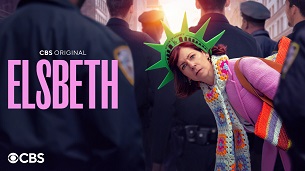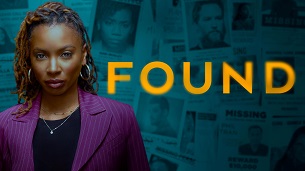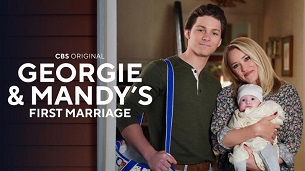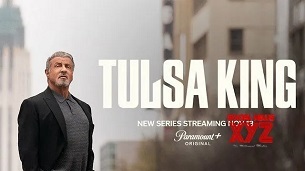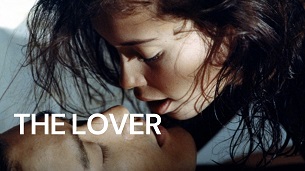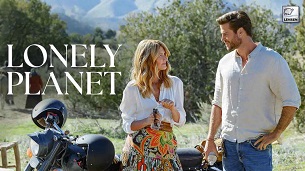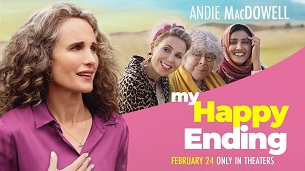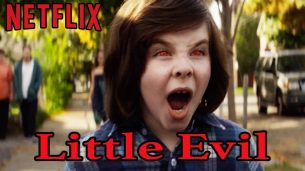Sezonul 2 Episodul 6
The Choice (2016)
SUBTITRARE ROMÂNĂ
Synopsis
As Nicholas Sparks’ film adaptations go, Ross Katz’s „The Choice” is a better film than the bland „Longest Ride” we got last year and certainly miles past the perplexing and downright unbelievable „Safe Haven” in 2013. With that being said, it’s still burdened by the same kind of misguided tropes and cloying incredulity that makes each of these films a chore to sit through. These films come decorated in the same kind of clothing as the next, as they’re built from the ground up on impossibly romantic circumstances, characters that always look beautiful no matter what, a truly tragic plot device played up perfectly to engineer an emotional reaction rather than naturally warrant one, and a slew of „perfect moments” to make your relationship with your significant other look like a slog. And, specific to this one, seriously questionable treatment of its female character. Happy Valentine’s Day.
This time, we focus on Travis Parker (Benjamin Walker), a veterinarian working with his father (Tom Wilkinson) at his practice, living in the small coastal town of Beaufort, North Carolina. Travis lives on his own and enjoys the peacefulness brought on by cold beer, his beach chair, and his dog, until his quietness is disrupted by his new neighbor Gabby Holland (Teresa Palmer). Gabby is a med student, who is currently dating a fellow doctor, but her playfully stubborn aura makes her all the more attractive to Travis.
When her boyfriend leaves for a medical retreat for several weeks, the two succumb to intense emotional desires, have sex, and begin to that thing that so many young people do nowadays where they act like they’re dating to others, have sex and sleep together like they are, but really aren’t together. When her boyfriend gets back, Gabby immediately wants things to go back to the way things were before he left, leaving Travis out to dry, and making them both look like immature, stupid people who can’t appropriately handle or discuss their own baggage. Nonetheless, Gabby winds up breaking up with him and her and Travis wind up getting married and starting a family of their own.
This may sound like I just went through the entire film’s plot, but that wouldn’t make sense since I never addressed the core „choice” this film and its two lead characters love to talk about through narration. Well, „the choice” comes towards the end, when a catastrophic accident occurs and leaves one of the parties with a big decision. However, Katz (who directed „Adult Beginners” two years ago) and screenwriter Bryan Sipe rush through this whole circumstance at the end like it’s a big afterthought. The fundamental „choice” of the film isn’t introduced until far too late in the picture, where it can’t develop, and as a result, feels like a tacked on conclusion.
„The Choice” is a tad more forgivable than many other Sparks-branded pictures because at least one of our leads has an ounce of personality this time around. Benjamin Walker’s, who already looks and talks like a young Colin Firth, Travis is a very snarky character throughout the picture, which at least makes him an interesting personality rather than a plastic presence. Teresa Palmer’s Gabby is a blander, more ordinary female lead, but her ability to handle the more dramatic scenes with competence makes up for her lack of character development.
I think the most problematic thing about „The Choice” as a whole is the strange way it tries to pass off unromantic instance as romantic, and, if we’re going to be completely critical of the film’s ideology here, almost makes a case for „no means yes” misogyny that has plagued women for decades. Consider the scene when Travis drives all the way out to Gabby’s parents’ home, where she is staying for the weekend, to ask her parents for her hand in marriage. Gabby is clearly horrified by this entire circumstance, yet her mother and father are in awe of Travis’s conviction of wanting to marry her. Though she repeatedly says „no” a good dozen times, her mother and father keep insisting that this is what’s best for her, going as far to say this is what she wants, and even encourage Travis by giving him a ring with which to propose. The next scene, they’re happily married in a church. What a strange, uncomfortable scene that illustrates the least romantic circumstance that basically tells Gabby’s character, „stop resisting, smile, and accept the ring, you ingrate.”
Getting all riled up about the gender relations in the latest Nicholas Sparks’ film is a losing battle in and of itself because these films are so contrived and detrimental not only to men and women but romantic expectations in general that pervasive analysis only warrants a headache. This is another loser in the long line of these mediocre, incredulous films that perpetuate false ideas of romance with the same narrative structure and emotional manipulation so much so that the white flag I’ve been waving at these films for the last few years, in utter defeat and contempt, has long been discolored.


